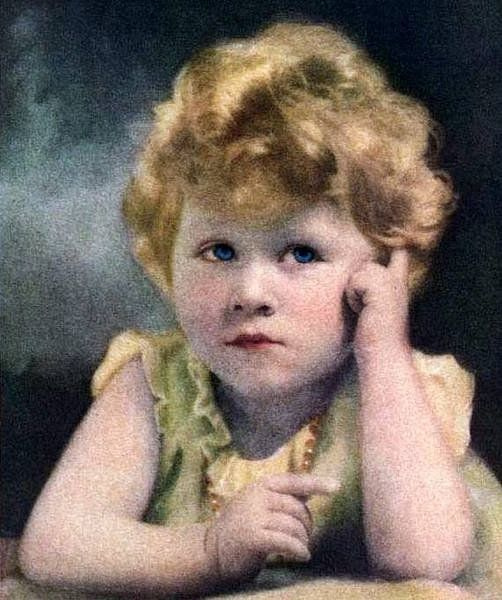A Burundi opposition leader and his bodyguard were shot dead in the capital by gunmen on Saturday, a civil society activist and residents said, adding to tensions after a month of protests against president Pierre Nkurunziza’s bid for a third term.
Zedi Feruzi, the head of opposition party UPD, and his bodyguard were killed in the Ngagara district of Bujumbura, said Anshere Nikoyagize, the head of the civil society group Ligue ITEKA. Residents said he was killed near his home.
Burundi is facing its deepest crisis since the end of an ethnically fuelled civil war in 2005. The unrest was triggered by the president’s decision to seek another five years in office. Opponents, such as Feruzi, have said it is unconstitutional.
The president has shown no sign of backing down, pointing to a constitutional court ruling that said he can run again because his first term, when he was picked by parliament, not elected in a popular vote, did not count.
A Burundi opposition leader and his bodyguard were shot dead in the capital by gunmen on Saturday, a civil society activist and residents said, adding to tensions after a month of protests against president Pierre Nkurunziza’s bid for a third term.
Zedi Feruzi, the head of opposition party UPD, and his bodyguard were killed in the Ngagara district of Bujumbura, said Anshere Nikoyagize, the head of the civil society group Ligue ITEKA. Residents said he was killed near his home.
Burundi is facing its deepest crisis since the end of an ethnically fuelled civil war in 2005. The unrest was triggered by the president’s decision to seek another five years in office. Opponents, such as Feruzi, have said it is unconstitutional.
The president has shown no sign of backing down, pointing to a constitutional court ruling that said he can run again because his first term, when he was picked by parliament, not elected in a popular vote, did not count.
Analysis Burundi's turmoil points to a shifting social and political landscape
The crisis has already prompted a failed coup and driven more than 110,000 people to flee to neighbouring states for fear the violence will spread beyond the capital. It has unnerved a region that has a history of ethnic conflict.
“We heard a lot of gunfire,” a neighbour of Feruzi said. “It’s unfortunate because there were army soldiers here, and they didn’t do anything.”
Feruzi, a member of the African nation’s relatively small Muslim community, was a well-known figure although his party was not among the nation’s biggest. Burundi has dozens of registered parties.
A Reuters photographer took a picture of a man with a fatal bullet wound to the head and other injuries, who locals said was Feruzi.
Ngagara district has been one of the hotbeds of unrest during protests that have taken place almost daily since Nkurunziza announced his re-election bid on 25 April.
The presidential election is due to be held on 26 June. Parliamentary and local council polls will now be held on 5 June, delayed by a little more than week.
After the shooting, residents in the area swiftly set up make-shift barricades on the streets for protection, an increasingly common sight throughout even quiet neighbourhoods of the capital.
Police have fired teargas, water cannon and even guns at protesters, who have hurled rocks back. A Red Cross spokesperson said around 20 people have been killed in the unrest so far, but emergency workers say the total is probably much higher.
Police say they have not shot at demonstrators. The government has branded the protests an “insurrection”.
Until Saturday’s shooting, the day had been relatively quiet, with few protesters on the streets, following a pattern where weekends have tended to be calmer. But the opposition has vowed to keep on protesting until Nkurunziza ends his re-election bid.
The crisis has already prompted a failed coup and driven more than 110,000 people to flee to neighbouring states for fear the violence will spread beyond the capital. It has unnerved a region that has a history of ethnic conflict.
“We heard a lot of gunfire,” a neighbour of Feruzi said. “It’s unfortunate because there were army soldiers here, and they didn’t do anything.”
Feruzi, a member of the African nation’s relatively small Muslim community, was a well-known figure although his party was not among the nation’s biggest. Burundi has dozens of registered parties.
A Reuters photographer took a picture of a man with a fatal bullet wound to the head and other injuries, who locals said was Feruzi.
Ngagara district has been one of the hotbeds of unrest during protests that have taken place almost daily since Nkurunziza announced his re-election bid on 25 April.
The presidential election is due to be held on 26 June. Parliamentary and local council polls will now be held on 5 June, delayed by a little more than week.
After the shooting, residents in the area swiftly set up make-shift barricades on the streets for protection, an increasingly common sight throughout even quiet neighbourhoods of the capital.
Police have fired teargas, water cannon and even guns at protesters, who have hurled rocks back. A Red Cross spokesperson said around 20 people have been killed in the unrest so far, but emergency workers say the total is probably much higher.
Police say they have not shot at demonstrators. The government has branded the protests an “insurrection”.
Until Saturday’s shooting, the day had been relatively quiet, with few protesters on the streets, following a pattern where weekends have tended to be calmer. But the opposition has vowed to keep on protesting until Nkurunziza ends his re-election bid.

